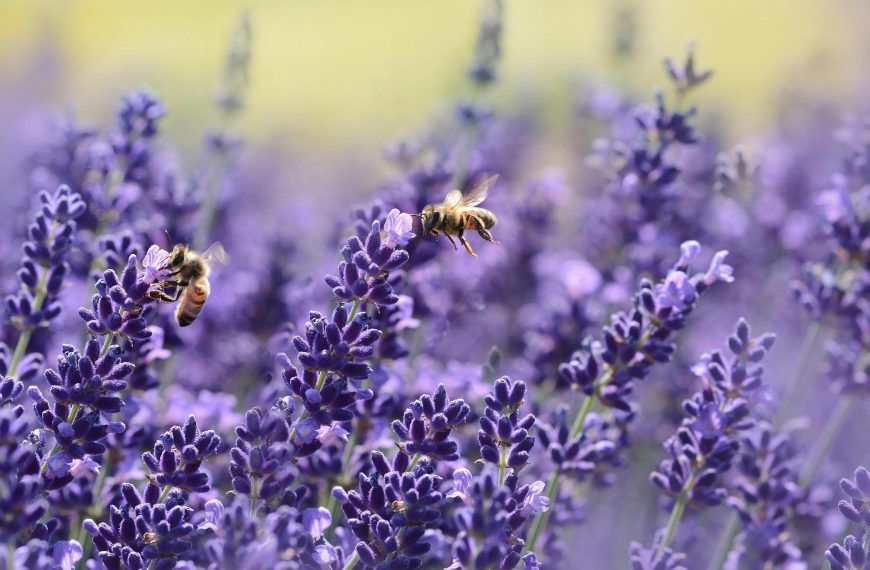In today’s world, stress is an issue that impacts countless individuals every day. While traditional methods, like medication and therapy, are essential for stress control, many people are now turning to holistic approaches to improve their well-being. Holistic stress management focuses on integrating the mind, body, and spirit through remedies and practices that support health and harmony. This article delves into some strategies for handling stress.
Getting to Know Holistic Stress Management
Holistic stress management involves tackling the root causes of stress rather than just treating its symptoms. It acknowledges that stress affects people on multiple levels—physically and mentally—and aims to establish balance and wellness through comprehensive methods. By incorporating remedies and practices into life, individuals can build resilience and diminish the impact of stress.
Embracing Mindfulness Practices
Mindfulness practices are key components of stress relief. Mindfulness entails being fully present in the moment, without judgment, which can help disrupt thought patterns and alleviate anxiety. Meditation encompasses a range of techniques designed to calm the mind and induce relaxation.
Practicing Meditation:
Practicing mindfulness meditation has been shown to be effective in reducing stress levels. This involves techniques like focusing on your breath, observing thoughts without getting attached to them, and performing body scans to increase self-awareness. A few minutes of practice can make a noticeable difference in how you manage stress.
Guided Visualization:
This method includes imagining calming scenes to help lower stress levels. Guided visualization can be done through recordings or apps and is great for promoting relaxation and mental clarity.
Natural Remedies
For centuries, people have turned to natural remedies for stress relief and overall well-being. Some herbs are known for their calming effects and can be used in teas, supplements, or tinctures as part of your routine.
Chamomile:
Chamomile is famous for its calming properties and is often used to ease anxiety and improve sleep. Drinking chamomile tea before bed can help you relax and better handle stress.
Ashwagandha:
As an adaptogenic herb, ashwagandha helps the body cope with stress by balancing cortisol levels. Taking ashwagandha supplements regularly may boost resilience and reduce stress symptoms.
Lavender:
Lavender is commonly used in aromatherapy to promote relaxation and reduce anxiety. You can diffuse lavender oil in the air, add it to your bath, or apply it topically to ease stress and uplift your mood.
Physical Activities
Engaging in activities like yoga, tai chi, and qigong involves a combination of movement, breath control, and meditation to help with stress relief. These activities not only boost well-being but also contribute to mental and emotional wellness.
Yoga:
Yoga incorporates poses, breathing techniques, and meditation to enhance flexibility, strength, and relaxation. Certain yoga poses, like Child’s Pose, Legs Up the Wall Pose, and Corpse Pose, are particularly effective in reducing stress levels and fostering a sense of tranquility.
Tai Chi and Qigong:
These gentle martial arts focus on movements and deep breathing exercises. Both tai chi and qigong are recognized for their ability to decrease stress levels, enhance balance, and promote vitality.
Dietary Choices and Lifestyle
Maintaining a balanced diet and making healthy lifestyle choices are vital for managing stress effectively. Nutritional strategies that aid in stress management include:
Balanced Diet:
Opting for a diet rich in foods such as fruits, vegetables, whole grains, lean proteins, and healthy fats promotes overall well-being. Nutrient-packed foods supply the body with vitamins and minerals that assist in regulating stress hormones.
Hydration:
Adequate hydration is crucial for effective stress management. Ensuring you drink water throughout the day is essential for keeping your energy levels up and your mind sharp.
Quality Sleep:
Getting quality sleep plays a significant role in relieving stress. Establishing a bedtime routine and creating a sleep environment can enhance the quality of your rest and reduce stress levels.
Regular Physical Activity:
Engaging in activities like walking, swimming, or cycling can help reduce stress by boosting mood, releasing endorphins, and improving overall well-being.
Social Connections:
Building connections and seeking support from others can have a significant impact on how you manage stress. Developing and nurturing relationships with friends, family, or support networks can provide support, create feelings of belonging and security, and offer relief and perspective. Effective communication is key in reducing the weight of stress and promoting wellness.
Being part of support groups or participating in community activities can create a sense of unity and understanding. These groups offer opportunities to share experiences and coping mechanisms with others facing similar challenges.
Taking a holistic approach to managing stress provides tools and techniques for dealing with stress in a natural, balanced way. By integrating mindfulness, natural remedies, exercise routines, healthy habits, and social connections into their lives, people can improve their well-being and manage stress effectively. Adopting this mindset doesn’t just tackle stress symptoms but also fosters a balanced and satisfying lifestyle.









